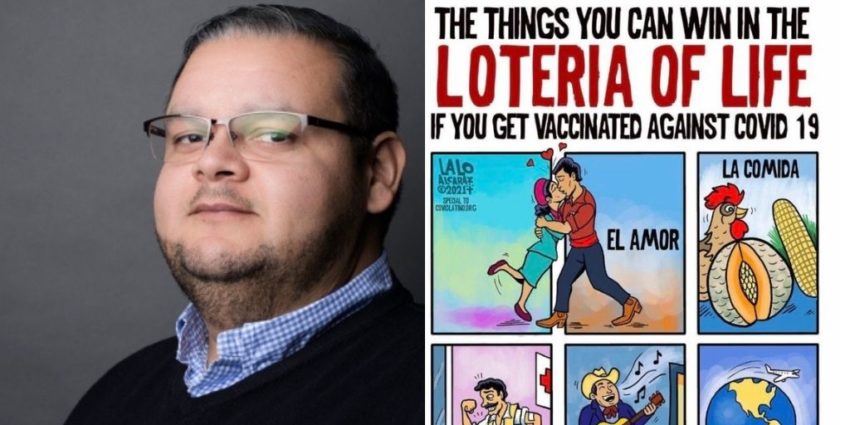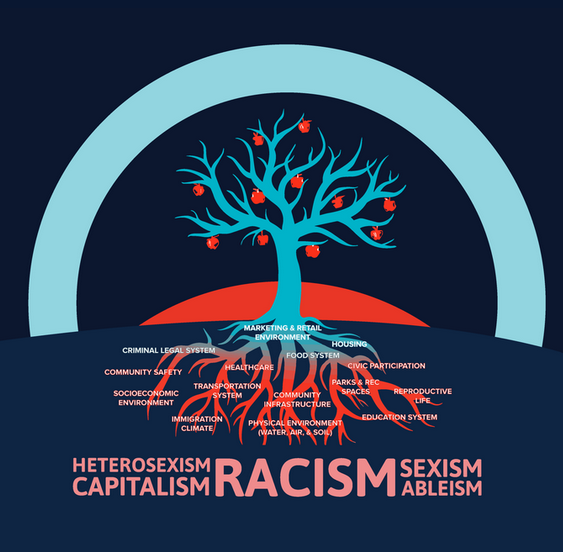Ángela Gutiérrez: What Éxito! Means to Me, a Latina PhD and Researcher

Dr. Ángela Gutiérrez has always been passionate about health disparities research. “I had previously worked on health disparities research focusing on diabetes, fibromyalgia among Latinx communities, and I've done a lot of community-based research,” Gutiérrez said. So when the opportunity arose to apply to Éxito! Latino Cancer Research Leadership Training at UT Health San Antonio, Gutiérrez was thrilled to learn more. “It was through Éxito! that I realized the prevalence and importance of focusing on cancer disparities as well, not just focusing on diabetes and fibromyalgia,” Gutiérrez said. Participating in Éxito! helped Gutiérrez apply and get accepted to a PhD program in Community Health Sciences at the Fielding School of Public Health of the University of ...
Read More







